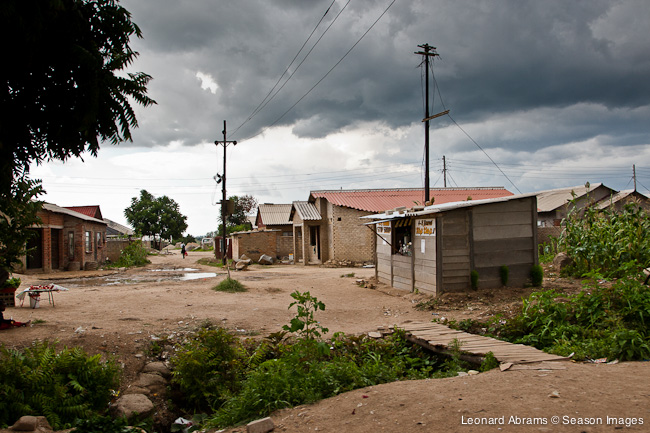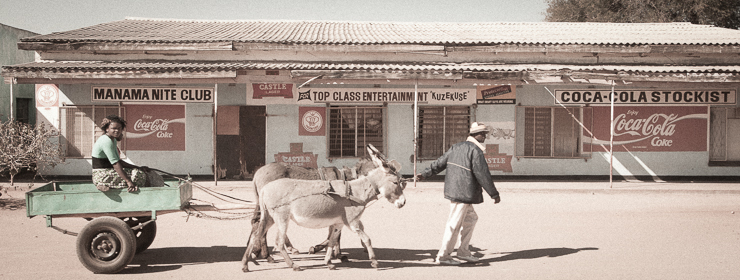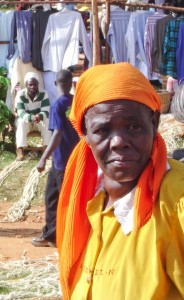Getting out and about
I have just spent a week in Harare – the capitol of Zimbabwe. I spent the whole week in meetings but had one day when I could take out my camera on a field trip outside the city. (One of the meetings was on the 16th floor of a building – with no working elevators! A day after I had made the climb the newspaper carried a story of a woman who had had a miscarriage climbing the stairs in the same building – a heavy price to pay.)
Climbing out of the pit
 I was in Zimbabwe as a consultant to support the drafting of a new national water policy. In about 2008 the country hit the bottom. Following the economic collapse with hyper-inflation, everything ground to a halt. Wide spread unemployment meant that people could not pay their bills, local authorities had no revenue to provide basic services, infrastructure collapsed… Without electricity water and sewage pumps don’t work, raw sewage is routed directly into rivers and dams from which drinking water is drawn, massive cholera and typhoid epidemics result… And yet somehow the people continue, they have no other option. Today, although the situation has not changed much, there is hope and a sense that the corner has been turned. The resilience and energy of ordinary people on the streets and in the markets is inspiring.
I was in Zimbabwe as a consultant to support the drafting of a new national water policy. In about 2008 the country hit the bottom. Following the economic collapse with hyper-inflation, everything ground to a halt. Wide spread unemployment meant that people could not pay their bills, local authorities had no revenue to provide basic services, infrastructure collapsed… Without electricity water and sewage pumps don’t work, raw sewage is routed directly into rivers and dams from which drinking water is drawn, massive cholera and typhoid epidemics result… And yet somehow the people continue, they have no other option. Today, although the situation has not changed much, there is hope and a sense that the corner has been turned. The resilience and energy of ordinary people on the streets and in the markets is inspiring.
Some images – Life goes on
 Southern Matabeleland in Zimbabwe is the driest part of the country. In the communal lands dry land farming fails 2 out of three years. I spent 4 days in Matabeleland in June 2013 assessing projects for possible funding. Small dams with simple irrigation schemes give communities the opportunity to provide food and some cash for their families. This is not charity – it is people exercising their right to control their own resources.
Southern Matabeleland in Zimbabwe is the driest part of the country. In the communal lands dry land farming fails 2 out of three years. I spent 4 days in Matabeleland in June 2013 assessing projects for possible funding. Small dams with simple irrigation schemes give communities the opportunity to provide food and some cash for their families. This is not charity – it is people exercising their right to control their own resources. I was in Zimbabwe as a consultant to support the drafting of a new national water policy. In about 2008 the country hit the bottom. Following the economic collapse with hyper-inflation, everything ground to a halt. Wide spread unemployment meant that people could not pay their bills, local authorities had no revenue to provide basic services, infrastructure collapsed… Without electricity water and sewage pumps don’t work, raw sewage is routed directly into rivers and dams from which drinking water is drawn, massive cholera and typhoid epidemics result… And yet somehow the people continue, they have no other option. Today, although the situation has not changed much, there is hope and a sense that the corner has been turned. The resilience and energy of ordinary people on the streets and in the markets is inspiring.
I was in Zimbabwe as a consultant to support the drafting of a new national water policy. In about 2008 the country hit the bottom. Following the economic collapse with hyper-inflation, everything ground to a halt. Wide spread unemployment meant that people could not pay their bills, local authorities had no revenue to provide basic services, infrastructure collapsed… Without electricity water and sewage pumps don’t work, raw sewage is routed directly into rivers and dams from which drinking water is drawn, massive cholera and typhoid epidemics result… And yet somehow the people continue, they have no other option. Today, although the situation has not changed much, there is hope and a sense that the corner has been turned. The resilience and energy of ordinary people on the streets and in the markets is inspiring. Rural development in sub-Saharan Africa is a vast area of activity embracing one of the most intractable problems of the 20th – 21st centuries. Much has been done since the end of the colonial era in the 1960s and a great deal has been achieved and yet the problems remain endemic and a real blight on the progress of human achievement. In almost all countries there remains enormous challenges in all sectors – health, education, agriculture, housing, financial systems, human rights, and basic services such as energy, water supply, transport and communications. The great irony is that today – March 30, 2010 – whilst millions of people carried dirty water to impoverished homes all over Africa, scientists celebrated the first successful particle collision in the Large Hadron Collider in Cern, Switzerland in the biggest machine ever built costing untold billions of dollars.
Rural development in sub-Saharan Africa is a vast area of activity embracing one of the most intractable problems of the 20th – 21st centuries. Much has been done since the end of the colonial era in the 1960s and a great deal has been achieved and yet the problems remain endemic and a real blight on the progress of human achievement. In almost all countries there remains enormous challenges in all sectors – health, education, agriculture, housing, financial systems, human rights, and basic services such as energy, water supply, transport and communications. The great irony is that today – March 30, 2010 – whilst millions of people carried dirty water to impoverished homes all over Africa, scientists celebrated the first successful particle collision in the Large Hadron Collider in Cern, Switzerland in the biggest machine ever built costing untold billions of dollars.